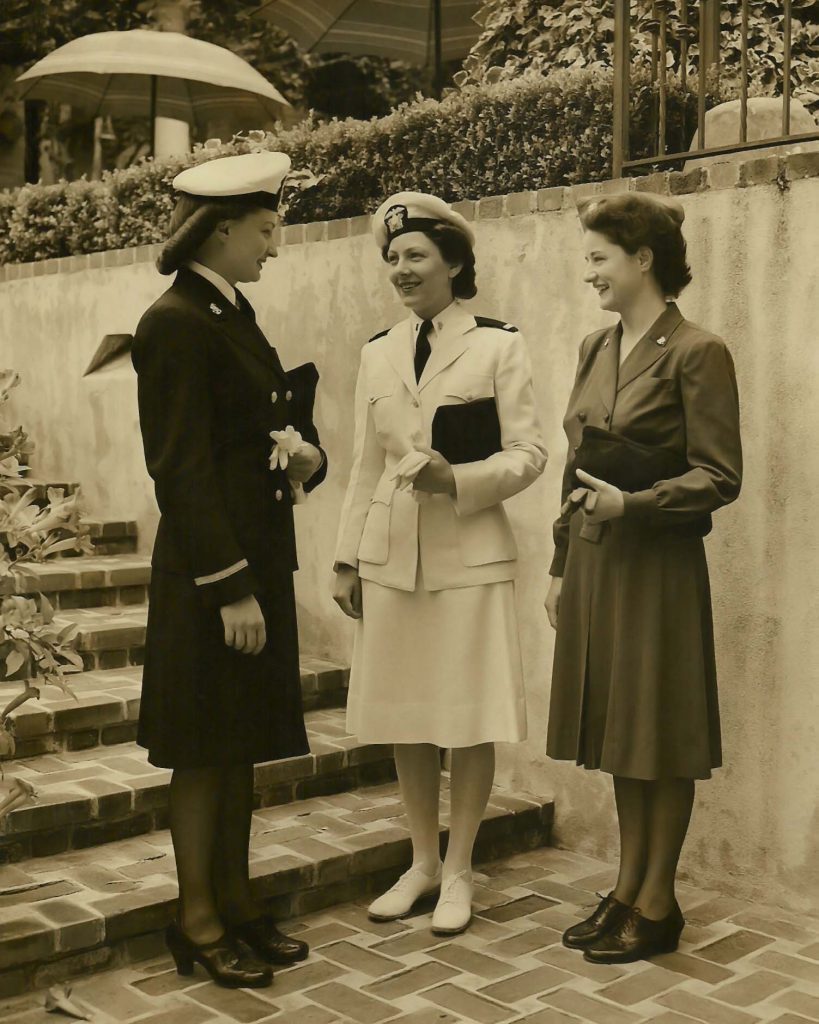
According to a new study published today in Medical Care, hospitals that employ more inpatient nurse practitioners (NPs) have lower surgical mortality, higher patient satisfaction, and lower costs of care. Nurse practitioners are registered nurses (RNs) with advanced graduate education and expanded legal scope of practice to prescribe treatments including pain medications.
Researchers at the Center for Health Outcomes and Policy Research at the University of Pennsylvania School of Nursing and the Hospital of the University of Pennsylvania studied more than 1.4 million patients in 579 hospitals.
“This is the first large study to document the significant added value of hospitals employing nurse practitioners in acute inpatient hospital care as well as having good RN staffing,” said lead author Professor Linda Aiken, PhD, RN of Penn’s Center for Health Outcomes and Policy Research and the Leonard Davis Institute of Health Economics. Aiken adds, “When we compared hospitals with the most and fewest NPs, we estimated that hospitals with more NPs had 21% fewer deaths after common surgical procedures and 5% lower Medicare costs per beneficiary.”
The study also documented significantly higher patient satisfaction in hospitals employing more NPs as well as higher quality of care and patient safety ratings. Having more NPs also enhances the work and clinical environment of the RN staff. The researchers found that RNs practicing in hospitals with greater numbers of NPs had higher job satisfaction, lower burnout, and were more likely to intend to remain in their positions, all good signs given growing concerns over nurse shortages resulting from the Covid-19 pandemic.
Also, RNs in hospitals with more NPs reported greater confidence that their patients would be able to successfully manage their care after discharge. Indeed, independent measures of actual hospital readmissions show patients are significantly less likely to experience a hospital readmission when their surgery took place in a hospital that employed more NPs.
“Our study shows that NPs in advanced clinical roles in inpatient care are a very valuable addition to excellent RN and physician care,” said co-author Regina Cunningham, PhD, RN, Chief Executive Officer of the Hospital of the University of Pennsylvania. “This important study shows that nurse practitioners enhance hospitals’ success achieving clinical excellence, patient satisfaction, and lower per patient expenditures while also contributing positively to overall clinician wellbeing during challenging times.”
Funding for the study was from the National Institute of Nursing Research/NIH, the Robert Wood Johnson Foundation, and the National Council of State Boards of Nursing.


